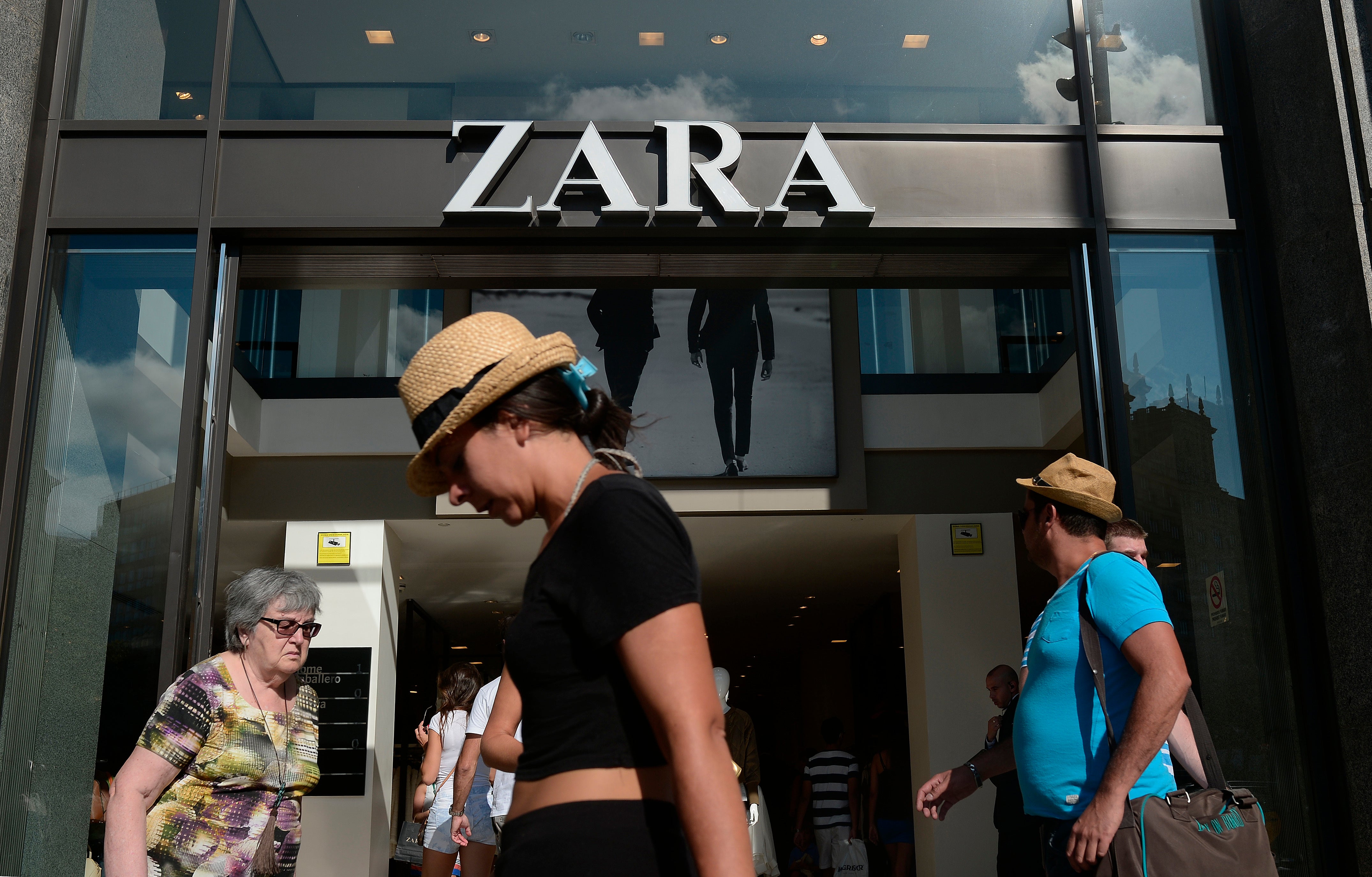Fashion retailer Zara yanks ads that some found reminiscent of Israel's war on Hamas in Gaza
The Spanish fashion brand Zara has pulled advertising images that appeared to some to reference Israel’s war against Hamas in Gaza

Your support helps us to tell the story
From reproductive rights to climate change to Big Tech, The Independent is on the ground when the story is developing. Whether it's investigating the financials of Elon Musk's pro-Trump PAC or producing our latest documentary, 'The A Word', which shines a light on the American women fighting for reproductive rights, we know how important it is to parse out the facts from the messaging.
At such a critical moment in US history, we need reporters on the ground. Your donation allows us to keep sending journalists to speak to both sides of the story.
The Independent is trusted by Americans across the entire political spectrum. And unlike many other quality news outlets, we choose not to lock Americans out of our reporting and analysis with paywalls. We believe quality journalism should be available to everyone, paid for by those who can afford it.
Your support makes all the difference.The Spanish fashion brand Zara has pulled advertising images that to some appeared to reference Israel’s war against Hamas in Gaza.
The images for a line of jackets included what the company called “unfinished sculptures in a sculptor's studio.” But some online critics said one image of a model holding a wrapped-up mannequin resembled someone holding a corpse. Other photos included a mannequin with missing limbs and a figure wrapped in fabric or plastic on the floor, according to news reports.
The company apologized in a statement posted on Instagram this week and said the campaign was conceived in July and photographed in September. Hamas attacked Israeli civilians on Oct. 7, prompting Israel’s subsequent invasion of Gaza.
Zara said the campaign was created “with the sole purpose of showcasing craftmade garments in an artistic context.” While acknowledging the offense critics took to the images, the company said these people “saw in them something far from what was intended when they were created.”